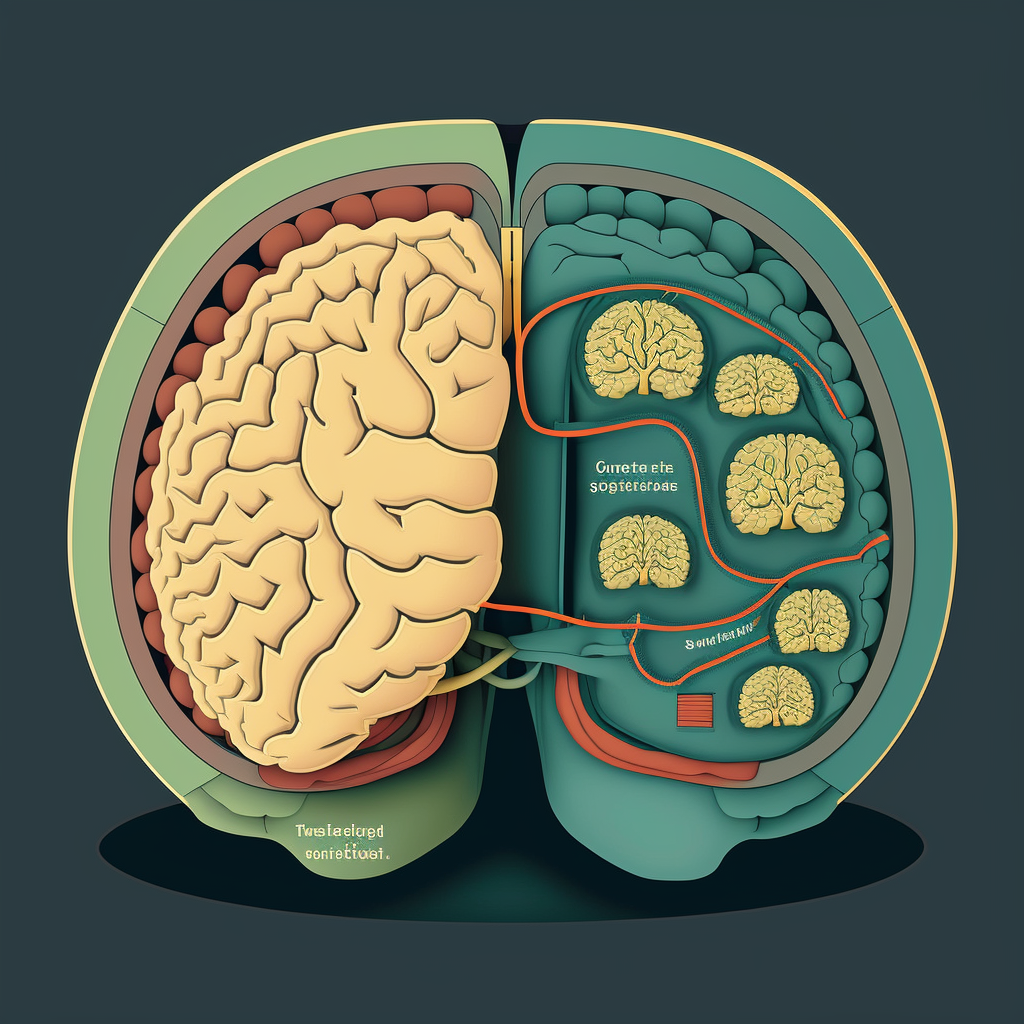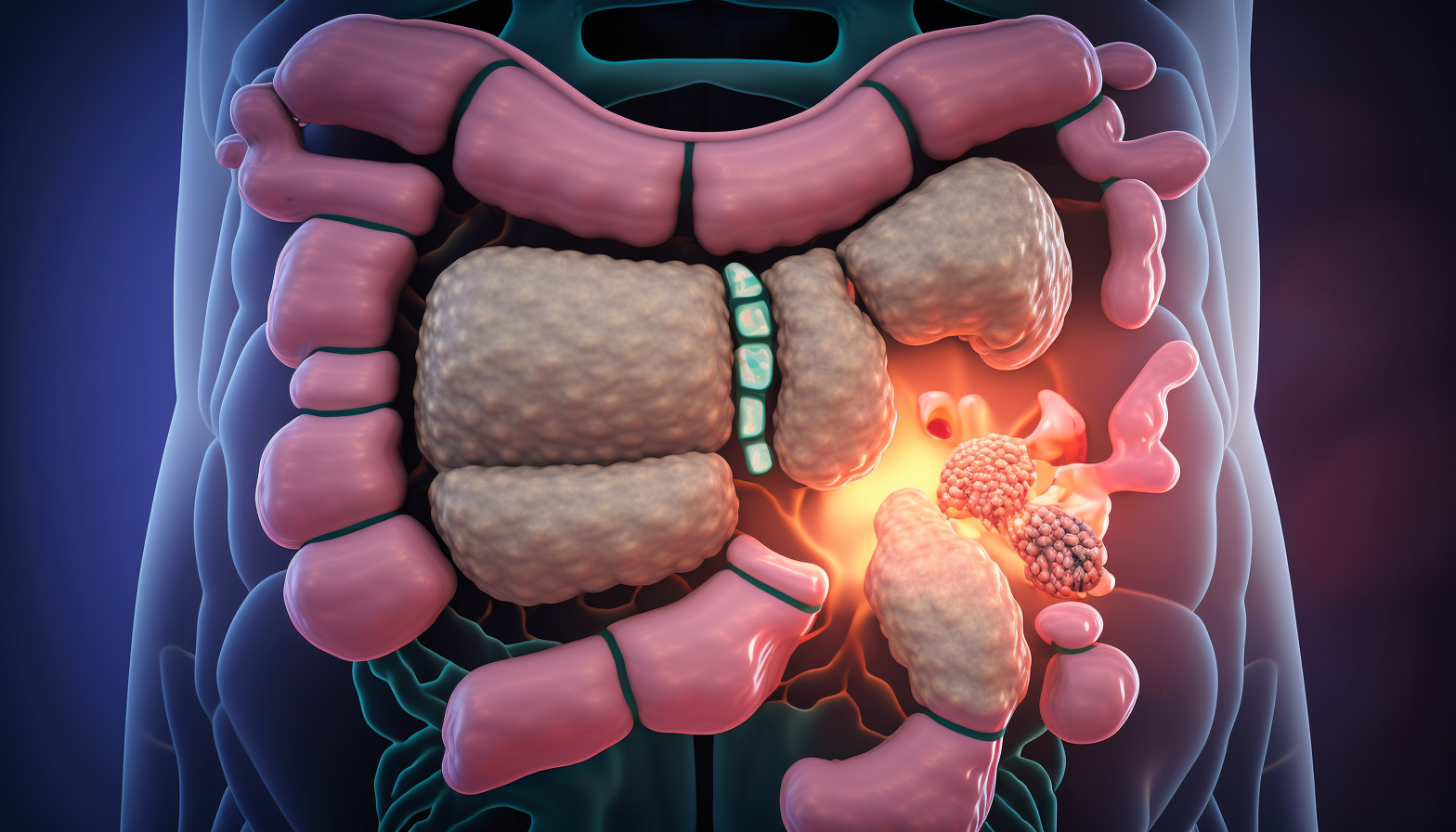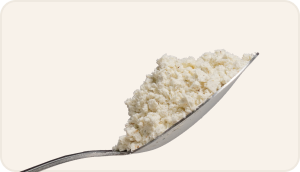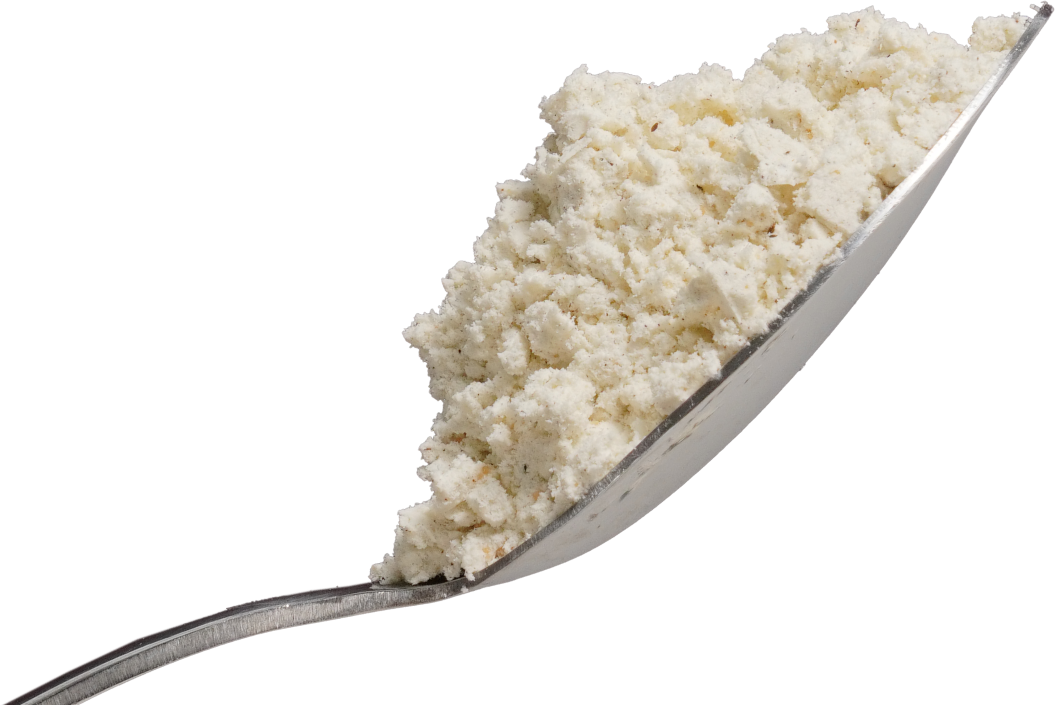GRAB A PACK
Not Sure?
Try Our Sample Pack
The Impact of Stress on IBS Symptoms: Understanding the Connection between the Gut and the Mind
Introduction
Irritable Bowel Syndrome (IBS) is a chronic condition that affects the large intestine. Common symptoms of IBS include abdominal pain, bloating, and diarrhea. Although the exact cause of IBS is unknown, many doctors believe it is related to the interplay between the gut and the brain. This is why managing stress can be an effective way to prevent IBS flare-ups.
In this blog post, we will delve deeper into the connection between our gut and mind, exploring the gut-brain axis and the role of stress and anxiety in IBS. We will also provide practical tips on managing stress to prevent another IBS flare-up, including mindfulness and relaxation techniques, exercise, and sleep.
What’s the Connection between Our Gut and Our Mind?
The gut and the brain are connected by a network of nerves, hormones, and bacteria, known as the gut-brain axis. This connection means that our emotional and mental state can significantly impact our gut health. The gut-brain axis sends messages from the gut to the brain, and vice versa, to regulate various functions such as digestion, hunger, and satiety.
When stressed or anxious, our bodies release hormones such as cortisol and adrenaline, affecting gut motility and secretion. These changes in the gut can lead to symptoms such as abdominal pain, bloating, and diarrhea. On the other hand, changes in the heart can also affect our emotional and mental state, potentially causing anxiety and depression.
In short, the gut and brain are closely connected and work together to maintain our overall health and well-being. Understanding the gut-brain axis is essential for managing IBS and other digestive disorders.
Can Stress and Anxiety Cause Stomach Pain and IBS?
Stress and anxiety are two of the most common factors that can trigger or worsen Irritable Bowel Syndrome (IBS) symptoms. It is essential to understand the role that stress and anxiety play in IBS, as they can help manage symptoms and prevent flare-ups.
The Role of Stress in IBS
Studies have shown that there is a strong connection between stress and IBS. When a person is under pressure, the body releases stress hormones that can cause gut motility, secretion, and permeability changes. These changes can lead to symptoms such as abdominal pain, bloating, and diarrhea, which are common in IBS.
Stress can also trigger the gut-brain axis, causing an imbalance in gut bacteria and leading to IBS symptoms. Furthermore, pressure can increase inflammation in the gut, making IBS symptoms worse.
The Role of Anxiety in IBS
Similarly, anxiety can also trigger IBS symptoms. Stress can cause gut motility and secretion changes, leading to symptoms like abdominal pain, bloating, and diarrhea. People with IBS are also more likely to experience anxiety and depression, which can further worsen their symptoms.
It is important to remember that while stress and anxiety can trigger IBS symptoms, they are not the only causes of IBS. People with IBS may also experience symptoms due to dietary choices, hormonal changes, and other underlying health conditions.

How Can I Manage Stress to Prevent Another IBS Flare-Up?
Irritable Bowel Syndrome (IBS) can be debilitating for those suffering from it. Several factors can trigger flare-ups, but stress and anxiety are known to be two of the most significant contributors. But how can we manage stress and prevent IBS flare-ups from happening? Here are three practical ways to manage stress and improve your gut health.
Mindfulness and Relaxation Techniques
Mindfulness and relaxation techniques, such as deep breathing, yoga, and meditation, effectively reduce stress and improve gut health. These techniques help to calm the mind and body and, by doing so, reduce the impact that stress and anxiety have on the gut. In addition to reducing stress levels, mindfulness and relaxation techniques have been shown to improve gut motility and reduce symptoms of IBS.
Exercise
Regular physical activity, such as exercise, is another effective way to manage stress and improve gut health. Exercise has been shown to have a positive impact on both physical and mental health, and by reducing stress levels, it can also help to prevent IBS flare-ups. Exercise is particularly effective in reducing symptoms of IBS, as it helps improve gut motility and reduce inflammation.
Sleep
Finally, getting enough sleep is essential for managing stress and preventing IBS flare-ups. Sleep is crucial for mental and physical health, and poor sleep has worsened symptoms of IBS. Aiming for at least 7-8 hours of sleep each night is essential, as this will help reduce stress levels and improve gut health.
Conclusion
In conclusion, managing stress and anxiety is crucial in preventing and managing IBS flare-ups. The connection between the gut and the mind, known as the gut-brain axis, highlights the importance of maintaining good gut health to maintain overall health and well-being. By incorporating mindfulness and relaxation techniques, exercise, and ensuring adequate sleep, individuals with IBS can help reduce stress and improve their gut health, leading to a happier and healthier lifestyle. At Happy Gut, our clean and effective protein powder supplement can help support a healthy gut and incorporate these stress management techniques. We believe in promoting a healthy and happy lifestyle for everyone, and our product and brand values reflect that.
FAQs
Similar blogs


















